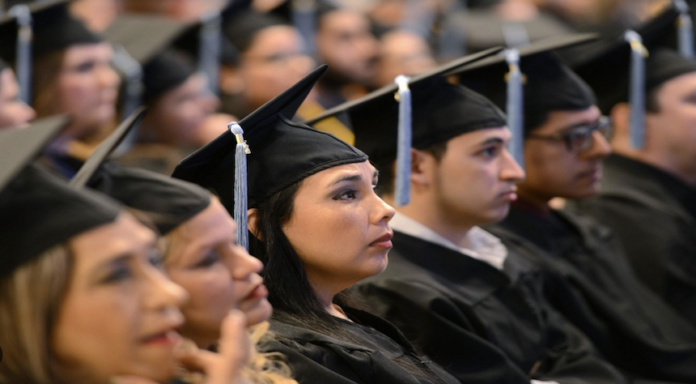First, let me be clear. My article does not aim to disparage the entire Gen Z community. Gen Z is no different. Some Gen Zers achieve beyond their expectations. Others have successful careers. While others fail or flounder. According to a survey conducted recently, college graduates from Generation Z (born between 1997 and 2012) continue to be terminated in “record” numbers.
Moreover, according to the survey, employers listed concerns in areas such as communication skills and professionalism that made them wary of hiring Gen Z employees in the future. Not only have six out of ten Gen Z college graduate employees been axed after having been hired earlier in the year, but one in seven employers said they lean toward not hiring any new college grads next year.
Here’s more:
Businesses cited concerns about communication skills and professionalism as reasons for not hiring Gen Z.
Another issue is that workers in this age group are unmotivated, and they need to be told constantly what to do.
Three-quarters (75%) of the companies surveyed reported that some or all recent graduates hired by their company were unsatisfactory.

Half of the respondents said Gen Z employees were unmotivated, which made them difficult to work.
Huy Nguyen is the employee of the company who conducted the survey. He wrote the following in his report.
It is not uncommon for recent graduates to struggle when entering the workplace as the experience can be very different from their previous education. Many recent college graduates are unprepared for the less structured work environment, the workplace culture dynamics, and expectations of autonomy. They may have some knowledge of the theory from college but lack the real-world skills and experience to be successful in the workplace.
Let’s call it an “education journey.”
It is a fact that the current state of American education continues to decline. We’ve seen this over and over again: Lower expectations and requirements to graduate from high school. The same is true for college admission. “Education enjoyment” vs. vs. merit-based focus. We’ve seen a large percentage of Gen Z graduates entering the workforce and continuing to do so. This is a direct consequence.

HR consultant Bryan Driscoll makes the point that the problem is not only young employees but also the education system, which does not prepare its graduates for life in the real world.
As someone who has gone through many years of education including law school, it is my opinion that colleges do not prepare students for the real world. Today’s education is more about theory than practice. While learning Greek mythology may be fascinating, it won’t help you communicate in a professional meeting or show professionalism unless you are teaching it. It doesn’t.
Exactly.
Driscoll argues further that the disconnect between the higher education system and the workforce in the real world will not likely be resolved without strong onboarding, mentorship and to bridge the gap.
However, I believe that the problem will continue to worsen, regardless of what employers do, as long as the quality of high school and college instruction continues to decline.




